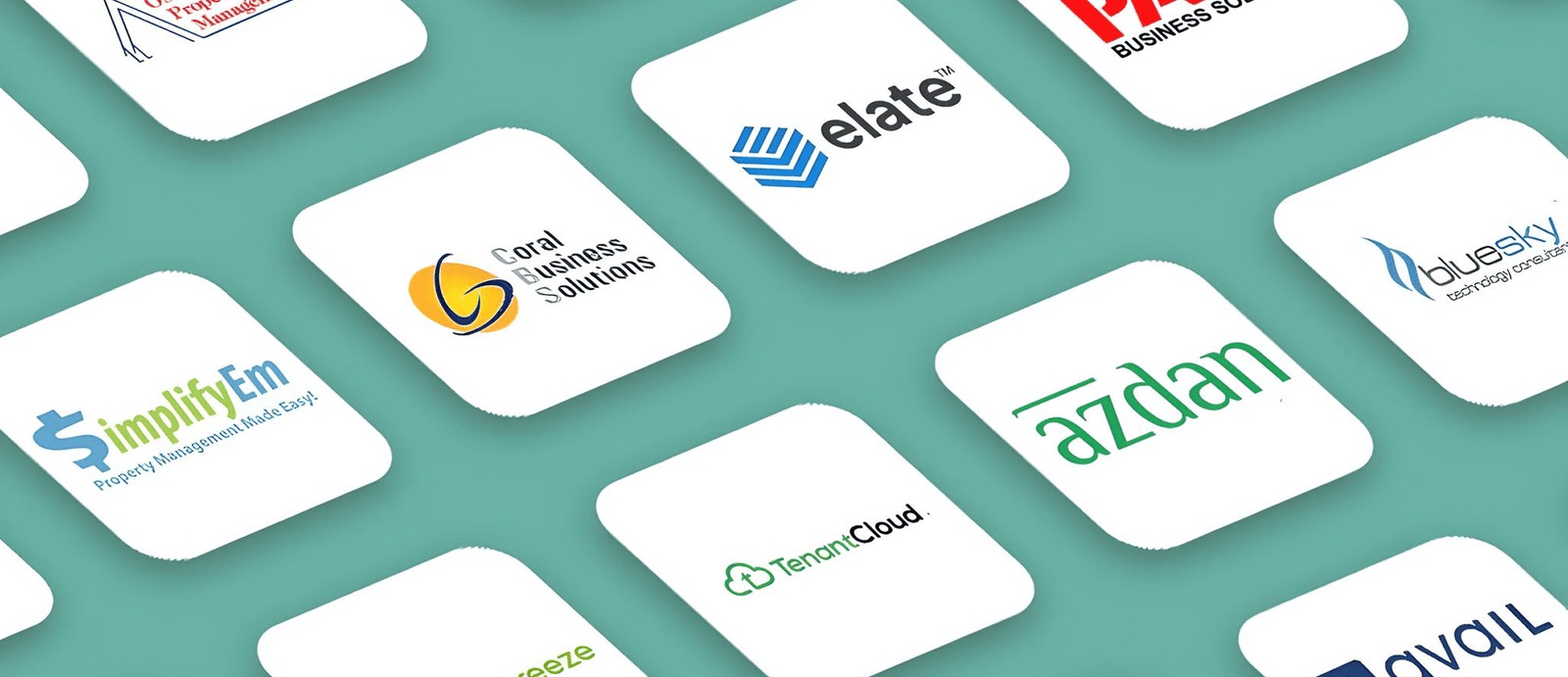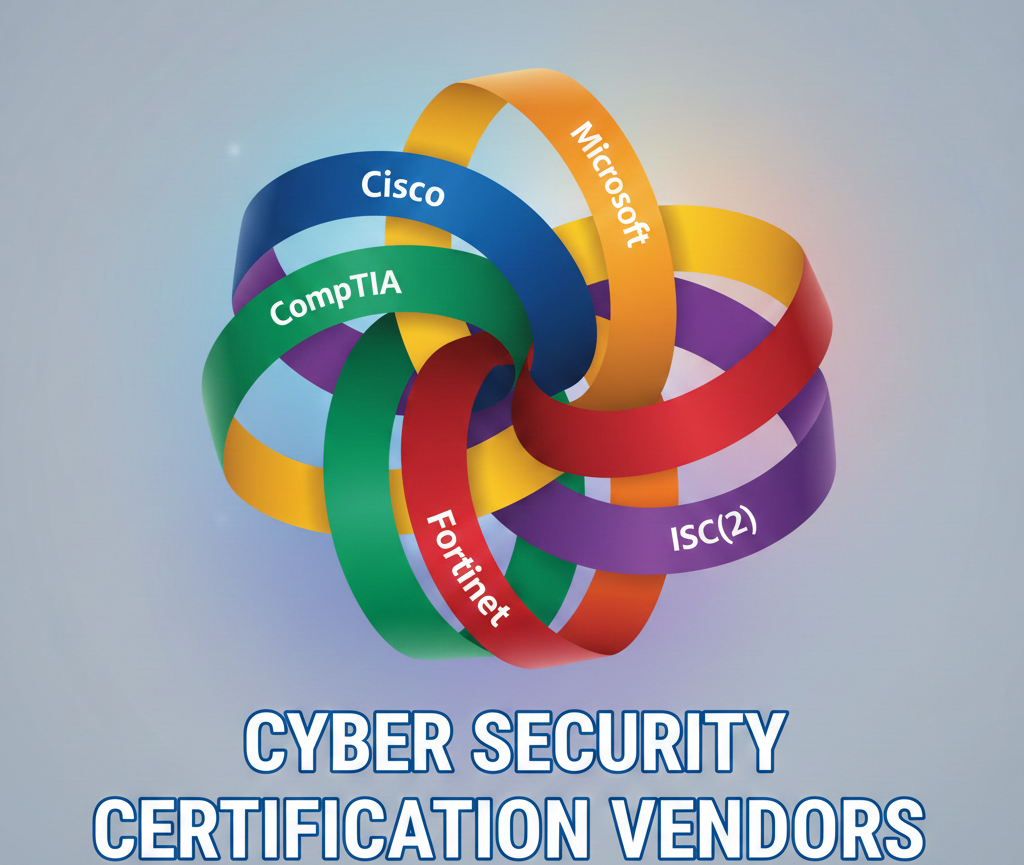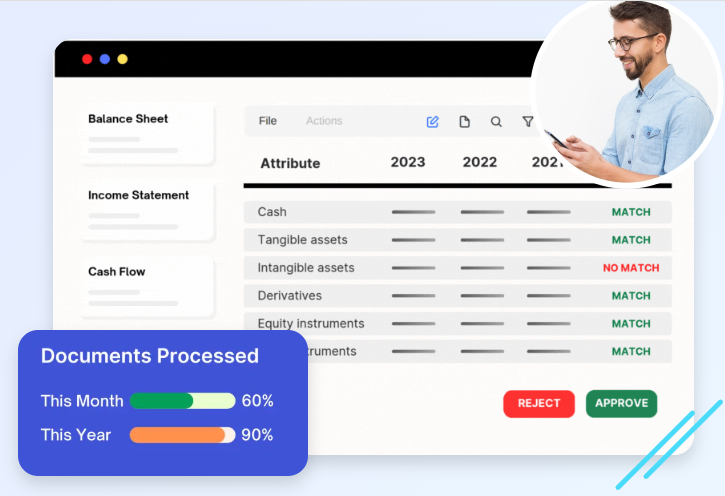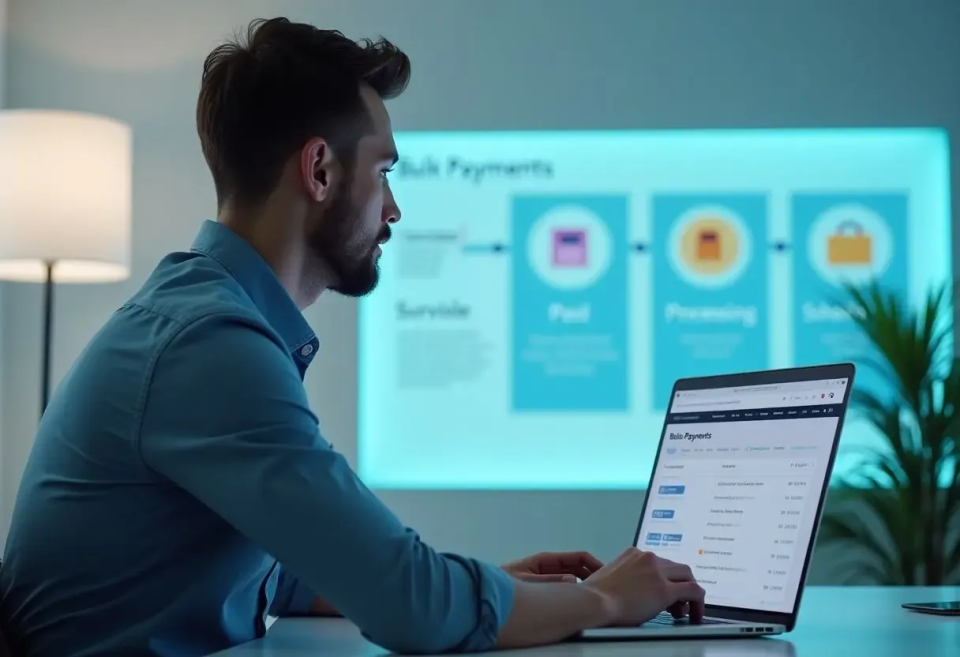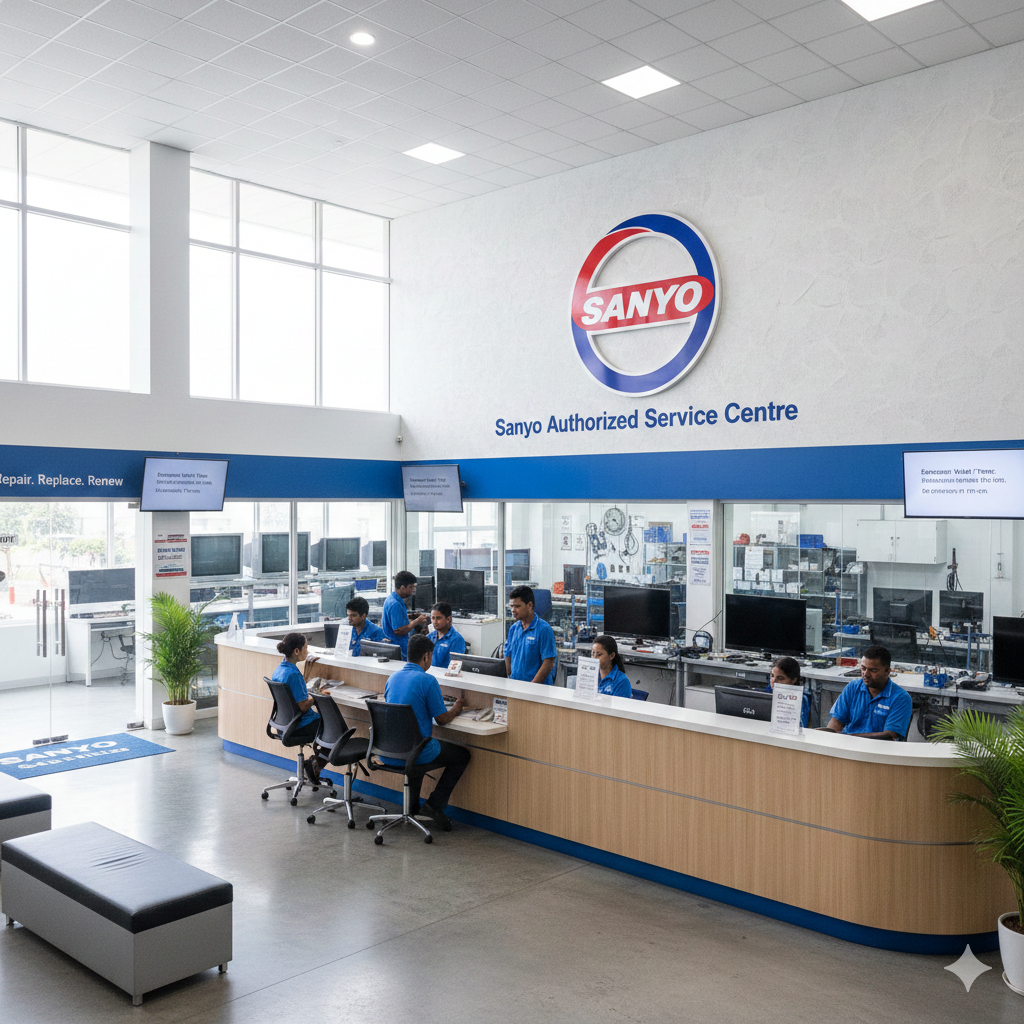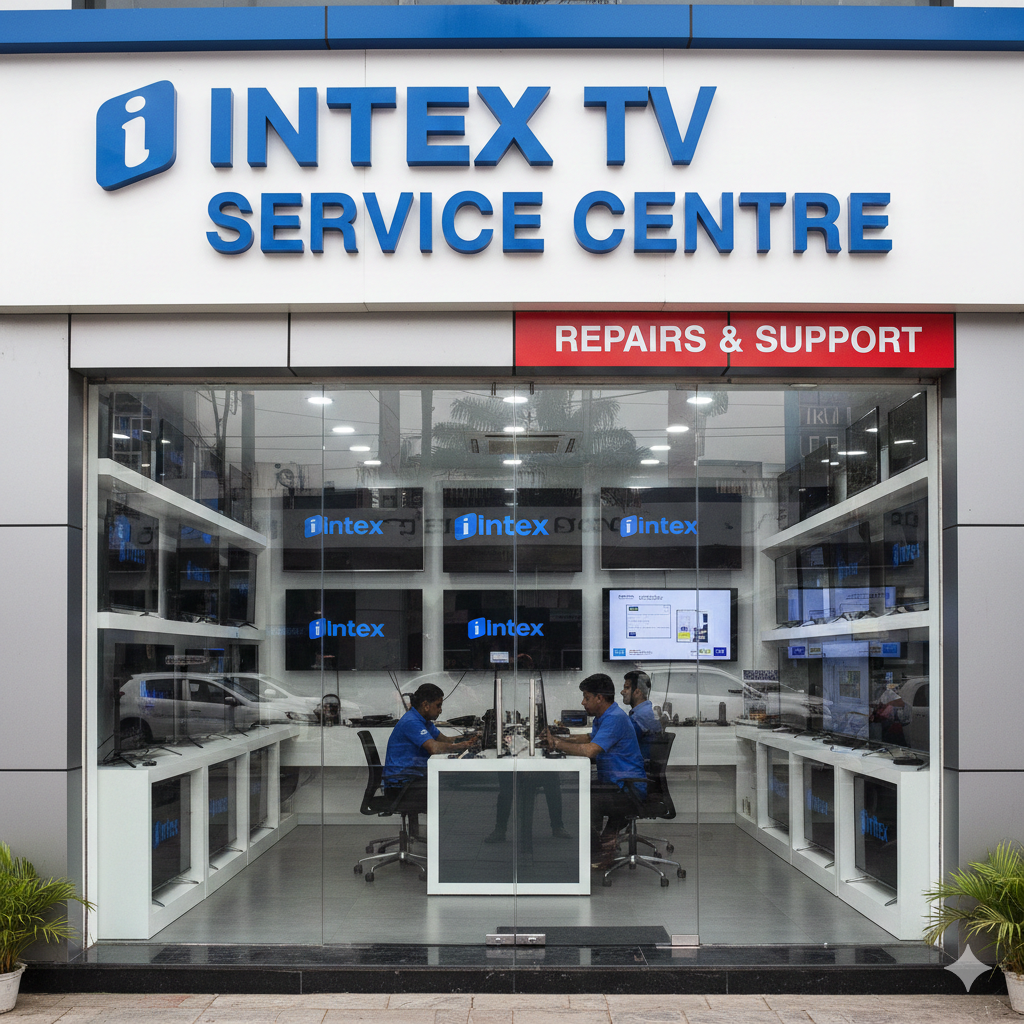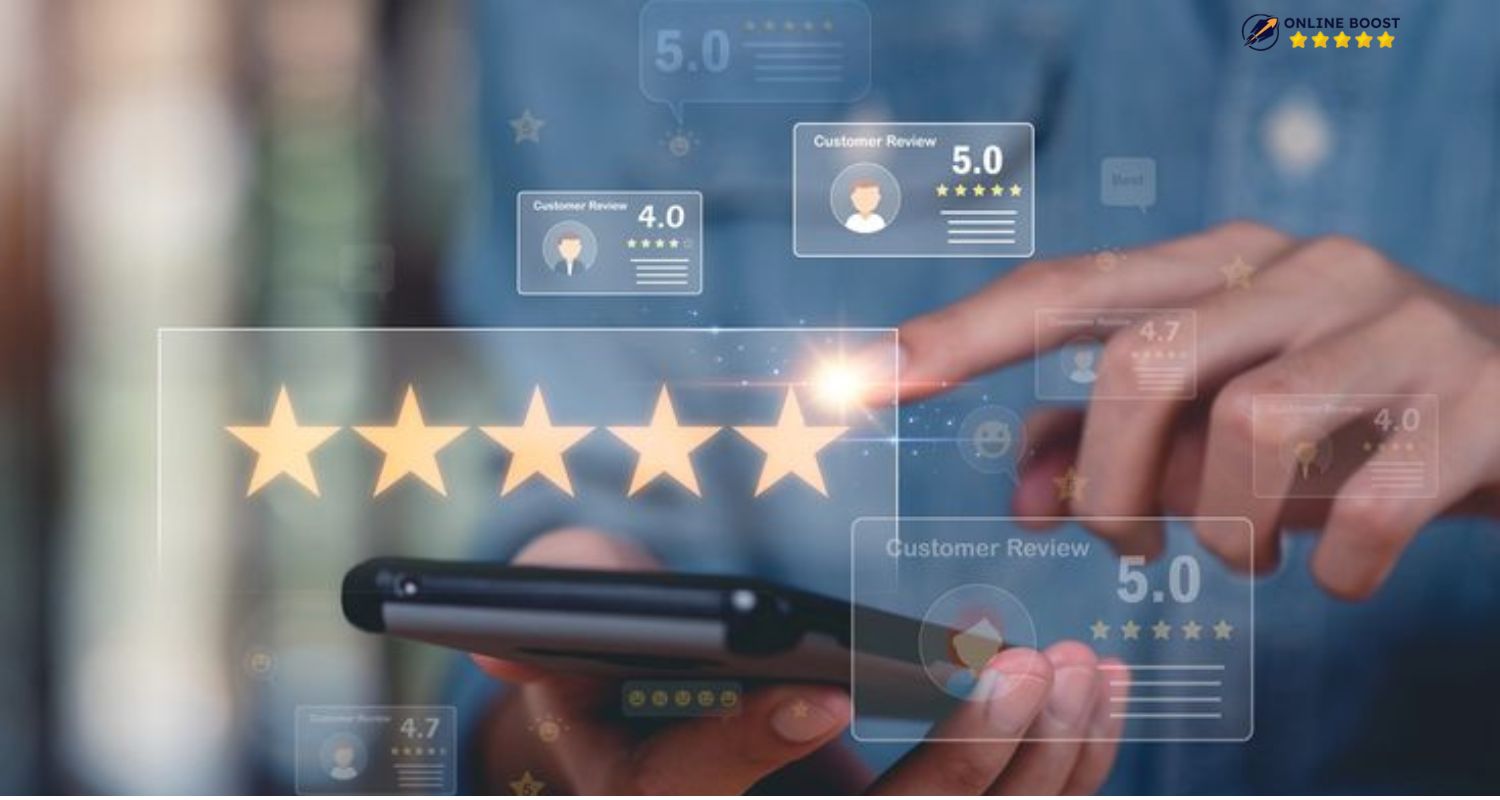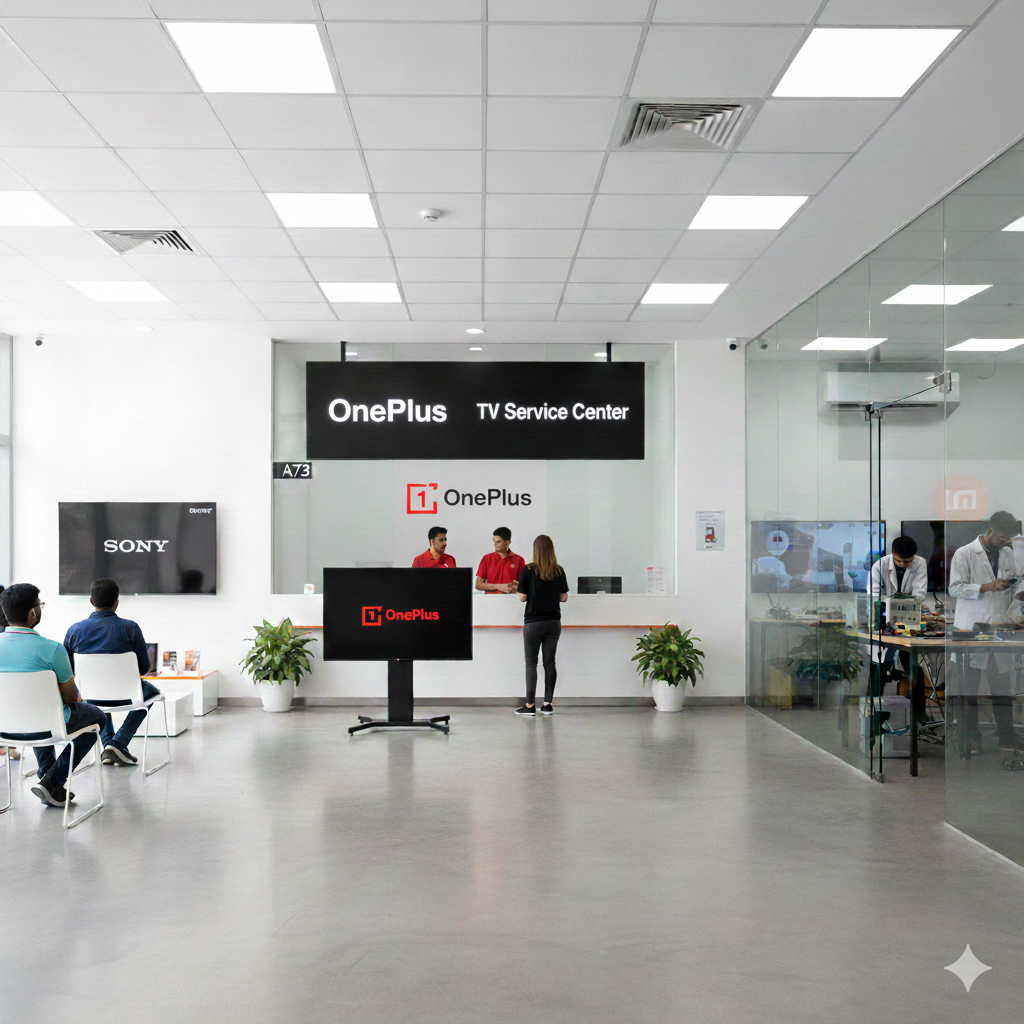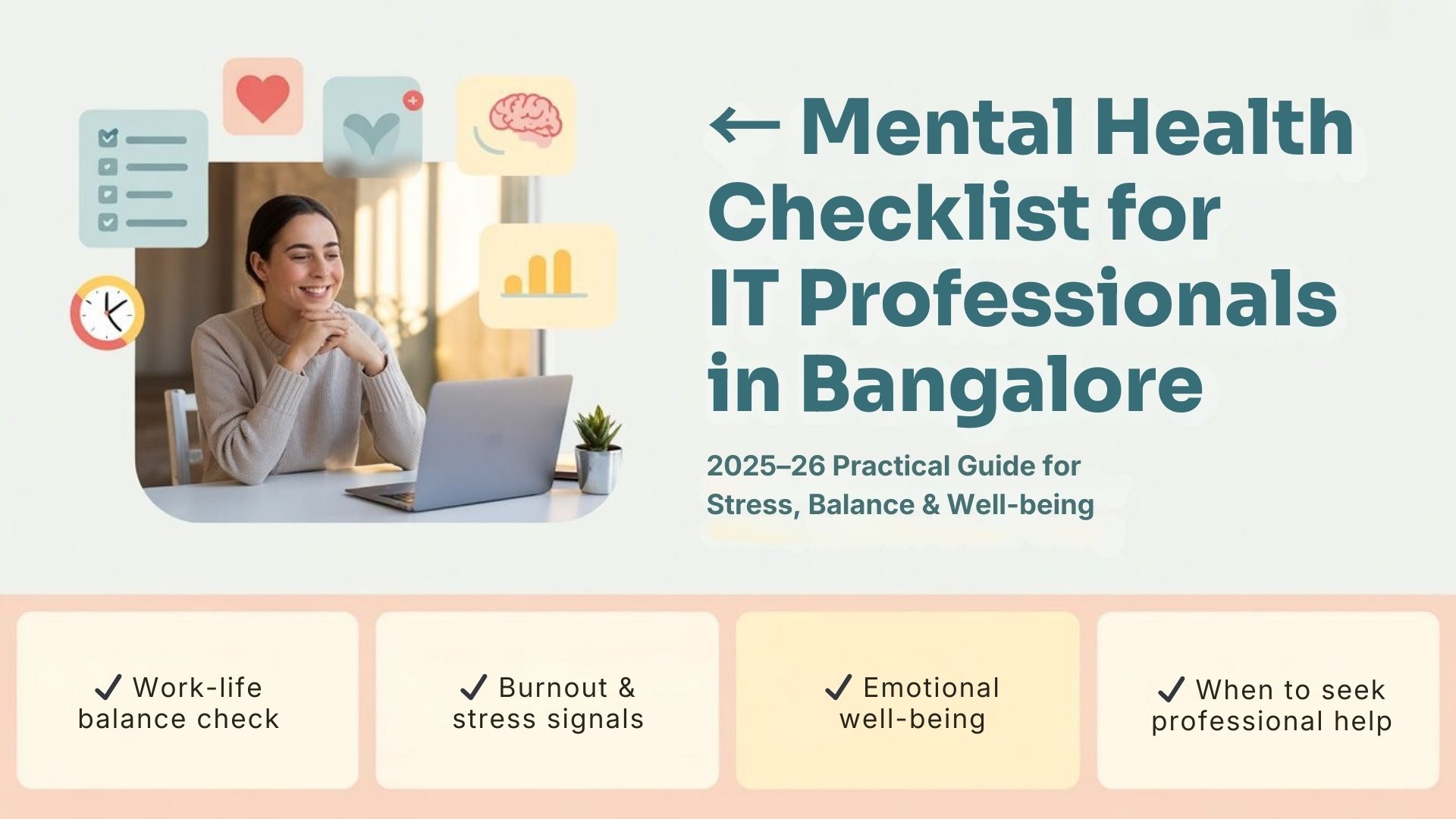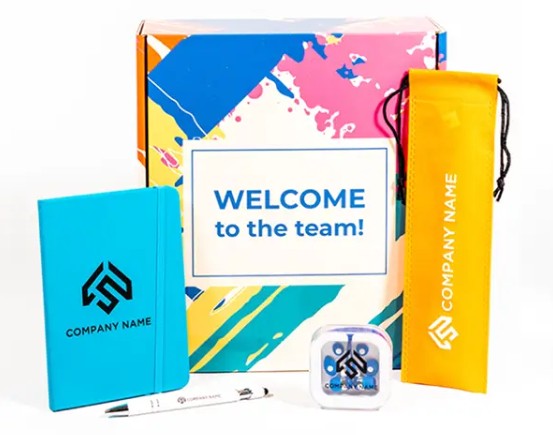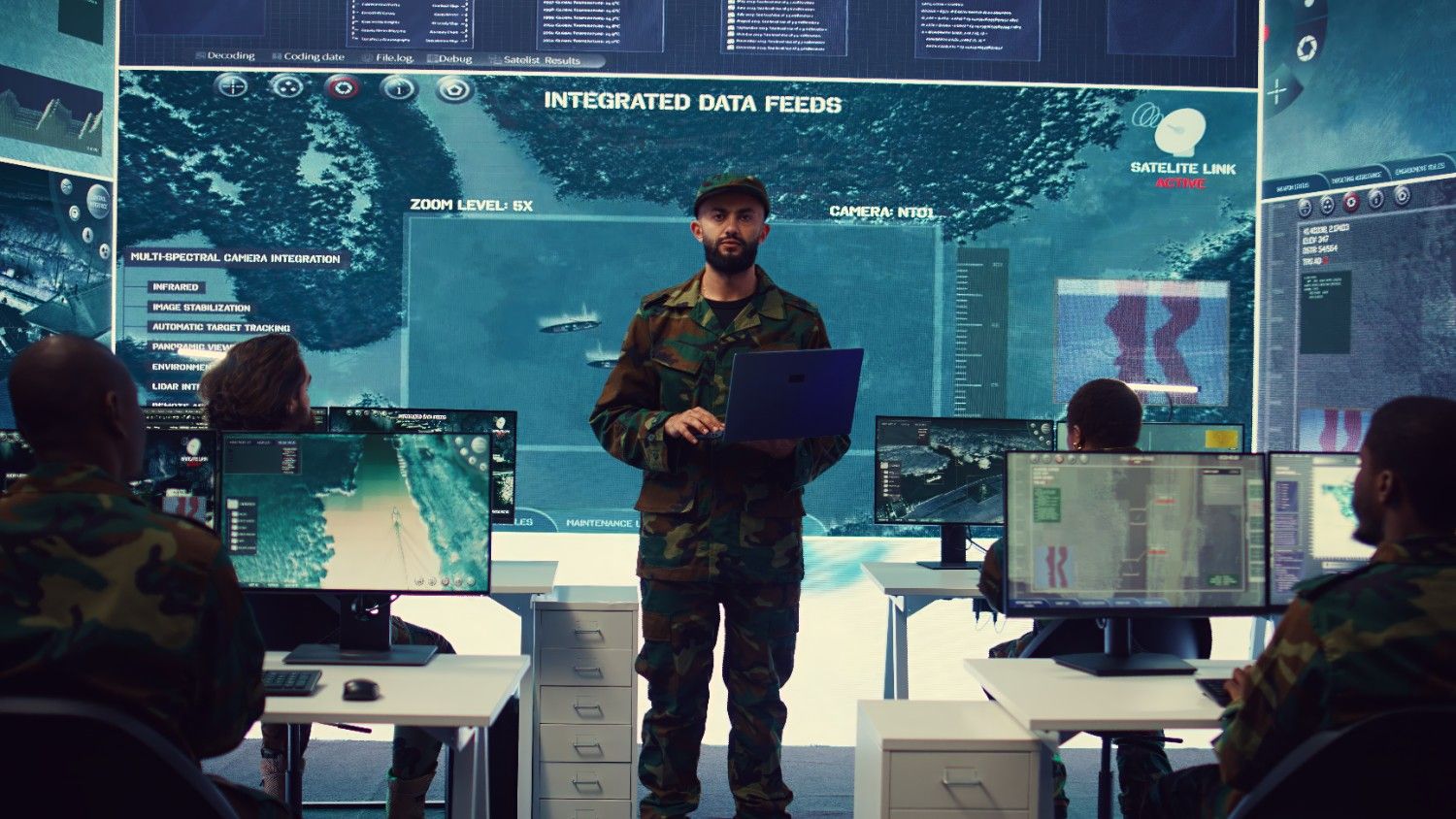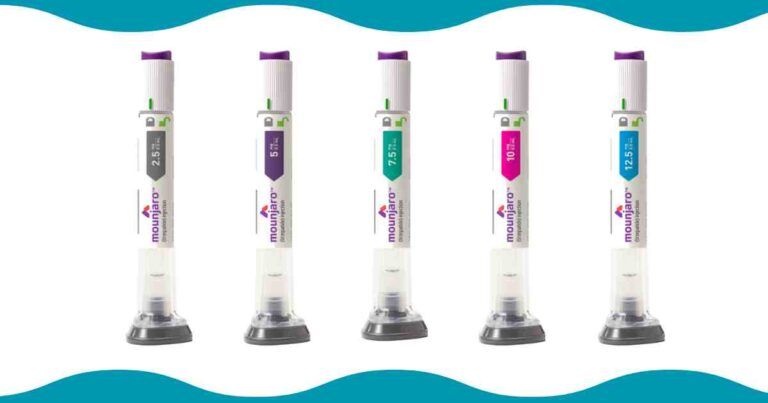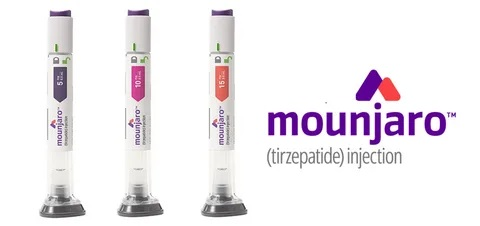ISO 22301 Certification for IT and Technology Companies

When it comes to IT and technology companies, the world is moving fast—faster than most of us can keep up with. Whether it’s cloud computing, data management, or software development, the pace at which businesses depend on technology is ever-increasing. But, with all these advancements comes a significant risk: cyber disruptions. These disruptions are real and can be anything from a cyberattack to a system failure or a natural disaster. So, how can tech companies ensure they stay resilient, even when the worst happens? The answer is: ISO 22301 certification.
This certification is about business continuity—a blueprint for surviving and thriving in the face of disruptions. For technology companies, this is not just nice to have; it’s a must-have. Let’s talk about why that’s the case and how ISO 22301 can elevate your company’s cyber resilience.
What Exactly is ISO 22301 Certification?
Before diving into who exactly needs ISO 22301, let’s first answer the basic question: What is it?
ISO 22301 is the international standard for Business Continuity Management Systems (BCMS). In simple terms, it helps businesses build systems that allow them to keep running, no matter what. Whether your company faces a server crash, a cyberattack, or even a natural disaster, iso 22301 certification provides a framework for ensuring your operations don’t come to a halt.
For IT companies, having this certification is like having a backup plan—a well-rehearsed one—that ensures you can bounce back after any crisis. It’s like insurance, but for your business continuity, not just for your hardware.
Why Do IT and Technology Companies Need ISO 22301?
Let’s face it: For tech companies, downtime is dangerous. It can result in lost revenue, damaged reputation, and worse, a loss of customer trust. In fact, a single outage can cost millions, especially for cloud service providers or companies dealing with sensitive data.
1. Your Clients Expect It
In today’s world, businesses rely heavily on technology. From e-commerce platforms that need to remain online 24/7 to cloud storage services that handle gigabytes of data, the expectations are sky-high. Clients want to know that you’ve got a plan in place to keep their data safe and that they can depend on you no matter what.
ISO 22301 certification offers a clear, structured approach to handling disasters. Whether it’s a server crash or a security breach, having this certification shows your clients that you are prepared. It tells them, “Yes, we’ve thought about this, and we know exactly what to do.”
Clients want peace of mind, and having ISO 22301 certification helps deliver that. Without it, well… you might find yourself losing clients to competitors who have their business continuity game locked down.
2. Cybersecurity Is More Than Just a Firewall
Cybersecurity is not just about setting up firewalls or having a strong antivirus program. It’s about having an overarching strategy that ensures your business keeps running even after an attack. This is where ISO 22301 steps in.
Think about it: what if your company gets hit by a ransomware attack? Or what if there’s a data breach? If your business can’t recover quickly, it might be too late. But with a certified BCMS, you’ll have a roadmap to recover operations as soon as possible.
Not only does ISO 22301 help prevent potential disruptions, but it also ensures that your company can bounce back quickly if things go wrong. After all, business continuity isn’t just about preventing a disruption; it’s about being ready to respond and recover effectively.
3. Legal and Regulatory Compliance
For IT and technology companies, ensuring regulatory compliance is crucial. In industries like healthcare, finance, and e-commerce, there are strict regulations around the security and privacy of data. Data loss or service disruptions can result in severe legal consequences.
ISO 22301 helps companies stay compliant with various regulations by enforcing an organized, structured approach to business continuity. By demonstrating a proactive approach to disaster management, your company will avoid potential fines or reputational damage.
4. Demonstrating Leadership and Responsibility
In today’s competitive tech landscape, companies that can demonstrate leadership in business continuity have a clear advantage. Whether you’re pitching to investors or collaborating with partners, ISO 22301 certification proves that your company is serious about keeping business operations running smoothly—even during a crisis.
It’s about showing that you’re not just reactive when issues arise. Instead, you’re proactively preparing for worst-case scenarios, ensuring business continuity at all times.
5. Trust and Reputation
Reputation is everything, especially in the tech world. In the age of social media and online reviews, bad news travels fast. A company that suffers a major outage or a data breach might not be able to recover its public image. A single security incident could result in loss of customers, negative press, and long-term trust issues.
ISO 22301 can help your company mitigate these risks by preparing you to handle disruptions swiftly and efficiently. Clients, partners, and stakeholders are more likely to trust your brand when they know that you have a clear, structured approach to business continuity.
How ISO 22301 Certification Enhances Cyber Resilience in IT Companies
For IT and technology companies, resilience isn’t just about avoiding cyberattacks. It’s about building a robust infrastructure that ensures your business is prepared for any disruption, be it cybersecurity incidents, data loss, or system outages. Here’s how ISO 22301 helps:
1. Risk Management and Assessment
ISO 22301 certification involves identifying potential risks to business operations and building a framework to minimize those risks. For a tech company, this could involve cybersecurity risks, like phishing attacks, ransomware, or network intrusions, as well as hardware failures and data breaches.
By conducting regular risk assessments, you’ll be able to identify vulnerabilities in your systems and address them before they become major issues.
2. Crisis Management and Response Plans
Having a solid crisis management plan is key to ensuring that your company can continue operating during a disruption. With ISO 22301, you’ll be required to develop and regularly test your business continuity plans (BCPs). This includes creating contingency plans for specific incidents, like system outages or cyberattacks.
It’s one thing to have a plan written down. It’s another to actually test it under pressure. ISO 22301 ensures that your company isn’t just prepared in theory but also ready in practice.
3. Continuous Improvement
One of the most valuable aspects of ISO 22301 is the emphasis on continuous improvement. This means that after every disruption, your company will learn from the incident and improve its plans to ensure better resilience in the future.
It’s not just about putting out fires as they come up. It’s about being proactive and constantly improving your ability to handle new risks and challenges.
Is ISO 22301 Certification Worth It for IT Companies?
If you’re still wondering if ISO 22301 certification is worth the time and investment, the answer is clear: Yes, it is.
In the fast-paced, ever-evolving tech world, the ability to quickly recover from disruptions is a critical part of maintaining a competitive edge. ISO 22301 certification helps tech companies build resilience, gain client trust, and ensure long-term success. In today’s world, if your company isn’t prepared for a disruption, it’s not a matter of if something will go wrong—it’s a matter of when.
In short, ISO 22301 isn’t just about surviving the storm. It’s about thriving when it hits. And for tech companies, that’s the kind of preparation that can make all the difference.
Final Thoughts: Is Your Business Ready?
The question now is, is your business prepared for the unexpected? If not, it might be time to start thinking about implementing a business continuity plan with ISO 22301 certification. Because in the world of IT and technology, resilience isn’t just a luxury—it’s a necessity.
Let’s face it: in the digital age, staying ahead of disruptions could be the thing that separates industry leaders from the rest of the pack. So, why wait for the next crisis to show up? Start preparing now. Your clients, employees, and future self will thank you.


 English
English 


















